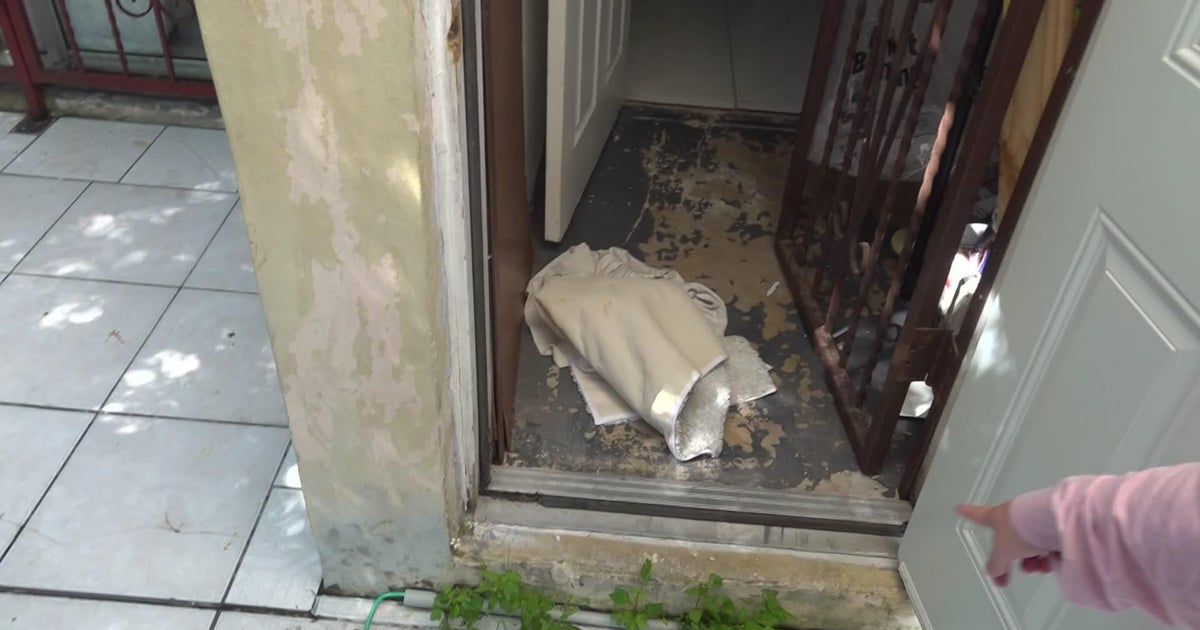A new state law taking effect Oct. 1 requires landlords to disclose any known history of flooding to tenants signing leases lasting a year or more, giving them the option to back out if they aren’t told about past damage.
Flooding a frequent problem for some renters
Angelica Guerra says flooding is common in her neighborhood, especially in the backyard.
“It’s like a swamp back here,” Guerra said.
She says the front lot of her apartment building on 141st Street in North Miami also floods.
“Multiple times I’ve had to call out because I couldn’t get out of here,” Guerra said.
Guerra explained she wasn’t told about the flooding issues when she moved in. Now, she’s hunting for a new apartment.
“I wouldn’t want to risk all my stuff getting damaged. Damage to the property and I don’t know if they’re gonna count me for that damage,” Guerra said.
New law expands tenant protections
Starting Oct. 1, Florida landlords will be required to provide prospective tenants with a flood disclosure form for any lease lasting a year or longer.
The form must disclose any known history of flood damage at the property. If a landlord fails to provide the form and the unit later suffers substantial flood damage, tenants will have the right to break the lease within 30 days of the damage.
Disclosure form applies to renewals too
Real estate lawyer Raul Gastesi said the disclosure form is required for both new tenants and those renewing a lease. He added that the form warns tenants that renters insurance usually does not cover flooding, meaning they may want to seek separate coverage.
“You need to know that you live in a flood zone and tenant insurance doesn’t cover you,” Gastesi said.
Property managers welcome transparency
Property manager Ailyn Quesada said the new requirement is just one more form to add to the leasing process but believes it helps both sides.
“It does create transparency. It creates preparedness for a tenant if they do decide to go forward with this property,” Quesada said.
Renters say they want flood history before signing
Guerra said when she searches for a new place, she will not sign a lease without first reviewing the flood history.
“Now that I know that I feel like they should know that. If they don’t know that then I’m not gonna trust that they’re gonna take care of the property,” Guerra said.
Applies beyond apartments
Gastesi noted the disclosure form is also required for mobile homes, as well as for those buying condos or houses.



